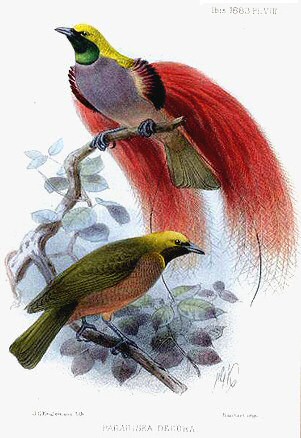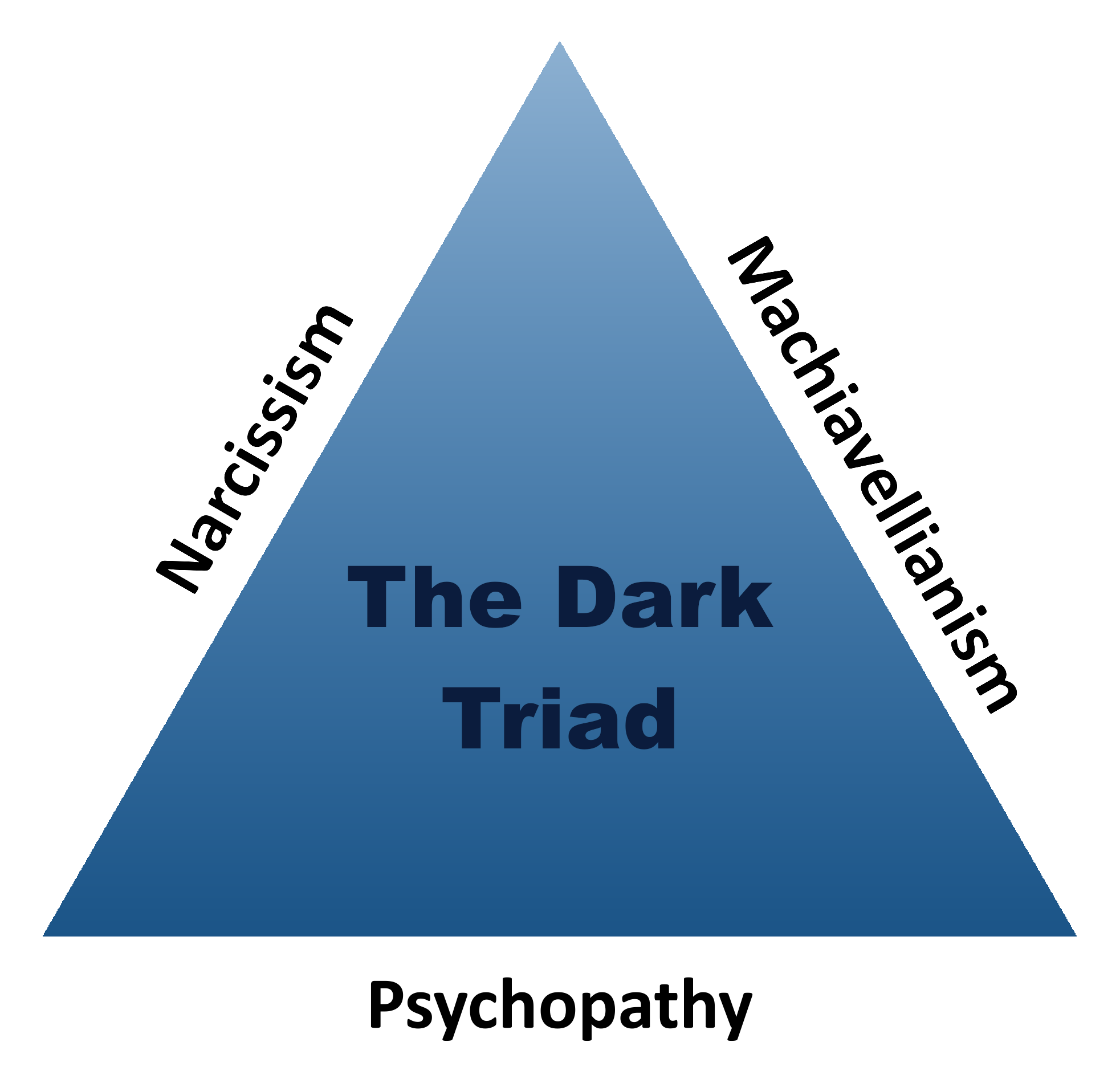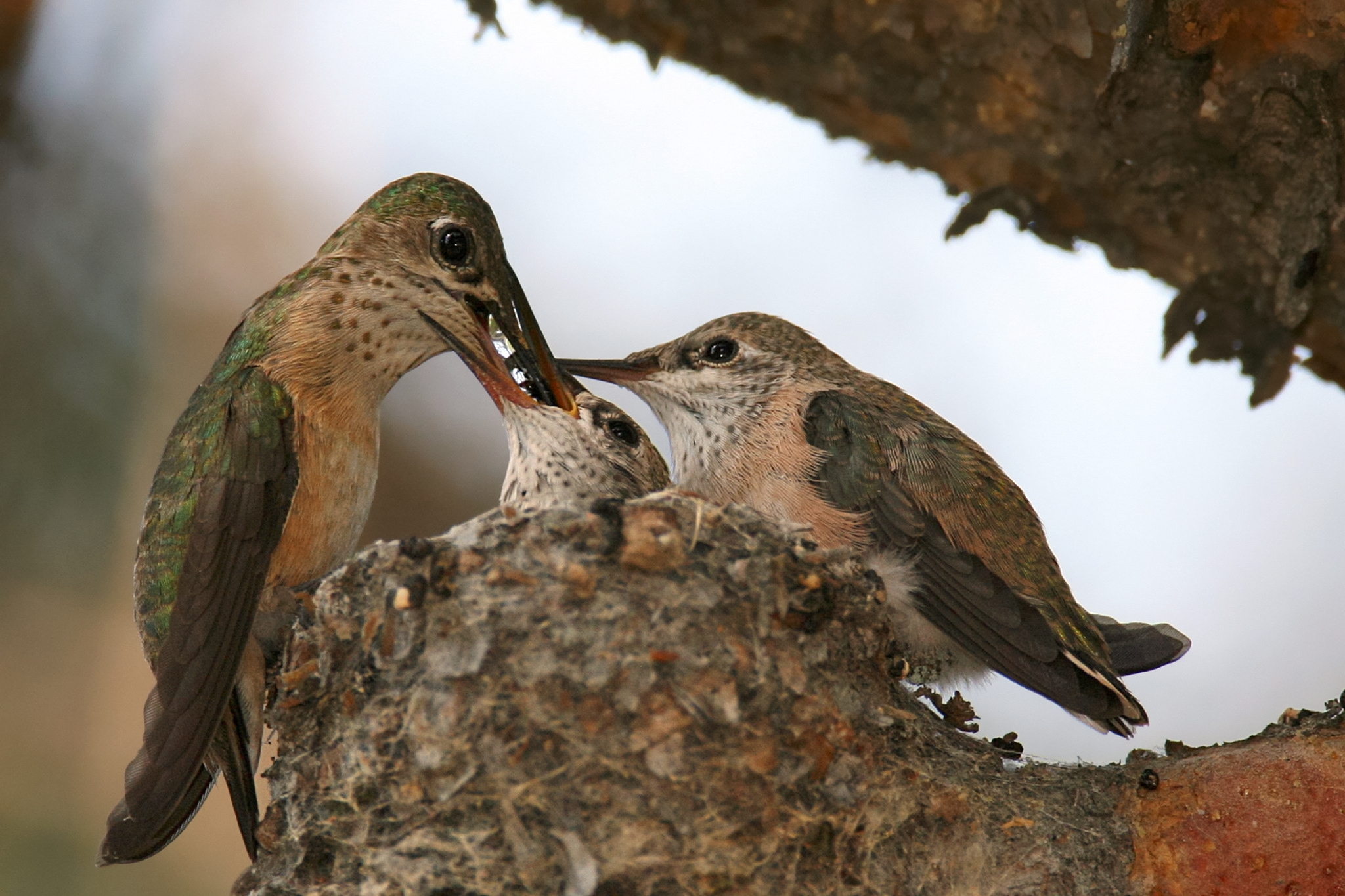|
Sexual Strategies Theory
Sexual strategies theory (SST) is an evolutionary theory of human mating created by David Buss and David Schmitt in 1993. It defines the set of mating strategies that humans pursue, the adaptive problems that men and women face when pursuing these strategies, and the evolved solutions to these mating problems. Introduction In 1993, David Buss and David Schmitt proposed sexual strategies theory as an extension of parental investment theory (1972) by Robert Trivers. ''Strategies'' are defined as behavioural solutions to adaptive problems. It does not imply conscious planning or awareness by the individual. Buss explained: "It may seem odd to view human mating, romance, sex, and love as inherently strategic. But humans, like other sexually reproducing species, do not choose mates randomly. We do not attract mates indiscriminately." Before SST, human mating theories focused almost exclusively on long-term mating and neglected short-term mating as a common feature in most cultures ... [...More Info...] [...Related Items...] OR: [Wikipedia] [Google] [Baidu] |
Human Mating
In evolutionary psychology and behavioral ecology, human mating strategies are a set of behaviors used by individuals to select, attract, and retain mates. Mating strategies overlap with reproductive strategies, which encompass a broader set of behaviors involving the timing of reproduction and the trade-off between quantity and quality of offspring. Relative to those of other animals, human mating strategies are unique in their relationship with cultural variables such as the institution of marriage. Humans may seek out individuals with the intention of forming a long-term intimate relationship, marriage, casual relationship, or friendship. The human desire for companionship is one of the strongest human drives. It is an innate feature of human nature and may be related to the sex drive. The human mating process encompasses the social and cultural processes whereby one person may meet another to assess suitability, the courtship process and the process of forming an interpersona ... [...More Info...] [...Related Items...] OR: [Wikipedia] [Google] [Baidu] |
Sexual Selection
Sexual selection is a mechanism of evolution in which members of one sex mate choice, choose mates of the other sex to mating, mate with (intersexual selection), and compete with members of the same sex for access to members of the opposite sex (intrasexual selection). These two forms of selection mean that some individuals have greater reproductive success than others within a population, for example because they are more Animal sexual behaviour, attractive or prefer more attractive partners to produce offspring. Successful males benefit from frequent mating and monopolizing access to one or more fertile females. Females can maximise the return on the energy they invest in reproduction by selecting and mating with the best males. The concept was first articulated by Charles Darwin who wrote of a "second agency" other than natural selection, in which competition between mate candidates could lead to speciation. The theory was given a mathematical basis by Ronald Fisher in the e ... [...More Info...] [...Related Items...] OR: [Wikipedia] [Google] [Baidu] |
Alice Eagly
Alice H. Eagly (born 1938) is the James Padilla Chair of Arts and Sciences Emerita and emerita professor of psychology at Northwestern University. She is also a fellow at the Institute of Policy Research at Northwestern University. Her primary research focus is social psychology, as well as personality psychology and Industrial Organizational Psychology. She was elected as a member of the National Academy of Sciences in 2022. Early life and education Eagly was born in 1938, in Los Angeles, to Harold and Josara Hendrickson. She completed her undergraduate degree at Harvard University in Social Relations in 1960. She received her M.A. in psychology and her Ph.D. in social psychology from the University of Michigan. She also holds two honorary doctorates: from the University of Bern (Bern, Switzerland) and from Erasmus University (Rotterdam, Netherlands). In 1962, she married Robert Eagly, who she had met while studying in Norway. Although the two had not planned to reverse social ... [...More Info...] [...Related Items...] OR: [Wikipedia] [Google] [Baidu] |
Social Role Theory
Role theory is a concept in sociology and in social psychology that considers most of everyday activity to be the acting-out of socially defined categories (e.g., mother, manager, teacher). Each role is a set of rights, duties, expectations, norms, and behaviors that a person has to face and fulfill. The model is based on the observation that people behave in a predictable way, and that an individual's behavior is context specific, based on social position and other factors. Research conducted on role theory mainly centers around the concepts of consensus, role conflict, role taking, and conformity. The theatre is a metaphor often used to describe role theory. Although the word ''role'' (or ''roll'') has existed in European languages for centuries, as a sociological concept, the term has only been around since the 1920s and 1930s. It became more prominent in sociological discourse through the theoretical works of George Herbert Mead, Jacob L. Moreno, Talcott Parsons, Ralph Linton, ... [...More Info...] [...Related Items...] OR: [Wikipedia] [Google] [Baidu] |
Dark Triad
The dark triad is a psychological theory of personality, first published by Delroy L. Paulhus and Kevin M. Williams in 2002, that describes three notably offensive, but non-pathological personality types: Machiavellianism, sub-clinical narcissism, and sub-clinical psychopathy. Each of these personality types is called '' dark'' because each is considered to contain malevolent qualities. All three dark triad traits are conceptually distinct although empirical evidence shows them to be overlapping. They are associated with a callous–manipulative interpersonal style. * Narcissism is characterized by grandiosity, pride, egotism, and a lack of empathy. * Machiavellianism is characterized by manipulativeness, indifference to morality, lack of empathy, and a calculated focus on self-interest. * Psychopathy is characterized by continuous antisocial behavior, impulsivity, selfishness, callous and unemotional traits (CU), and remorselessness. High scores in these traits have be ... [...More Info...] [...Related Items...] OR: [Wikipedia] [Google] [Baidu] |
Operational Sex Ratio
In the evolutionary biology of sexual reproduction, operational sex ratio (OSR) is the ratio of sexually competing males that are ready to mate to sexually competing females that are ready to mate, or alternatively the local ratio of fertilizable females to sexually active males at any given time. This differs from physical sex ratio which simply includes all individuals, including those that are sexually inactive or do not compete for mates. The theory of OSR hypothesizes that the operational sex ratio affects the mating competition of males and females in a population. This concept is especially useful in the study of sexual selection since it is a measure of how intense sexual competition is in a species, and also in the study of the relationship of sexual selection to sexual dimorphism. The OSR is closely linked to the "potential rate of reproduction" of the two sexes; that is, how fast they each could reproduce in ideal circumstances. Usually variation in potential reproductive ... [...More Info...] [...Related Items...] OR: [Wikipedia] [Google] [Baidu] |
Mate Value
Mate value is derived from Charles Darwin's theory of evolution and sexual selection, as well as the social exchange theory of relationships. Mate value is defined as the sum of traits that are perceived as desirable, representing genetic quality and/or fitness, an indication of a potential mate's reproductive success. Based on mate desirability and mate preference, mate value underpins mate selection and the formation of romantic relationships. Mate value can predict availability of mates, for example, a higher mate value means one is desirable to more individuals and so can afford to be more choosy in mate selection. Thus, one's own mate value can influence trait and mate preferences, it has been shown that an individual will show preference for another who has a similar mate value, to avoid rejection. Specifically, one could infer that one's own mate value has a direct impact upon partner choice through the biological market theory. Here, it is believed that 'high-market' (more ... [...More Info...] [...Related Items...] OR: [Wikipedia] [Google] [Baidu] |
Pair-bond
In biology, a pair bond is the strong affinity that develops in some species between a mating pair, often leading to the production and rearing of young and potentially a lifelong bond. Pair-bonding is a term coined in the 1940s that is frequently used in sociobiology and evolutionary biology circles. The term often implies either a lifelong socially monogamous relationship or a stage of mating interaction in socially monogamous species. It is sometimes used in reference to human relationships. Varieties According to evolutionary psychologists David P. Barash and Judith Lipton, from their 2001 book ''The Myth of Monogamy'', there are several varieties of pair bonds: *''Short-term pair-bond:'' a transient mating or associations *''Long-term pair-bond:'' bonded for a significant portion of the life cycle of that pair *''Lifelong pair-bond:'' mated for life *''Social pair-bond:'' attachments for territorial or social reasons *''Clandestine pair-bond:'' quick extra-pair copulations ... [...More Info...] [...Related Items...] OR: [Wikipedia] [Google] [Baidu] |
Reproductive Success
Reproductive success is an individual's production of offspring per breeding event or lifetime. This is not limited by the number of offspring produced by one individual, but also the reproductive success of these offspring themselves. Reproductive success is different from fitness in that individual success is not necessarily a determinant for adaptive strength of a genotype since the effects of chance and the environment have no influence on those specific genes. Reproductive success turns into a part of fitness when the offspring are actually recruited into the breeding population. If offspring quantity is not correlated with quality this holds up, but if not then reproductive success must be adjusted by traits that predict juvenile survival in order to be measured effectively. Quality and quantity is about finding the right balance between reproduction and maintenance. The disposable soma theory of aging tells us that a longer lifespan will come at the cost of reproduction ... [...More Info...] [...Related Items...] OR: [Wikipedia] [Google] [Baidu] |
Parental Investment
Parental investment, in evolutionary biology and evolutionary psychology, is any parental expenditure (e.g. time, energy, resources) that benefits offspring.Clutton-Brock, T.H. 1991. ''The Evolution of Parental Care''. Princeton, NJ: Princeton U. Press. pg. 9Trivers, R.L. (1972). Parental investment and sexual selection. In B. Campbell (Ed.), ''Sexual selection and the descent of man'', 1871-1971 (pp. 136–179). Chicago, IL: Aldine. . Parental investment may be performed by both males and females (called ''biparental care''), females alone (''exclusive maternal care'') or males alone (''exclusive paternal care''). Care can be provided at any stage of the offspring's life, from pre-natal (e.g. egg guarding and Egg incubation, incubation in birds, and placental nourishment in mammals) to post-natal (e.g. food provisioning and protection of offspring). Parental investment theory, a term coined by Robert Trivers in 1972, predicts that the sex that invests more in its offsprin ... [...More Info...] [...Related Items...] OR: [Wikipedia] [Google] [Baidu] |
David Buss
David Michael Buss (born April 14, 1953) is an American evolutionary psychologist at the University of Texas at Austin, researching human sex differences in mate selection. He is considered one of the founders of evolutionary psychology. Biography Buss earned his PhD in psychology at University of California, Berkeley in 1981. Before becoming a professor at the University of Texas, he was assistant professor for four years at Harvard University and a professor at the University of Michigan for eleven years. The primary topics of his research include male mating strategies, conflict between the sexes, social status, social reputation, prestige, the emotion of jealousy, homicide, anti-homicide defenses, and—most recently—stalking. All of these are approached from an evolutionary perspective. Buss is the author of more than 200 scientific articles and has won many awards, including an APA Distinguished Scientific Award for Early Career Contribution to Psychology in 1988 and ... [...More Info...] [...Related Items...] OR: [Wikipedia] [Google] [Baidu] |
Going Steady
Going steady is when two romantic partners agree to an exclusive relationship. Growing in prevalence in the United States after World War II, this pattern became mainstream in high schools and colleges in the 1950s. * Its popularity continued through the 1980s, with teenagers beginning to go steady at progressively earlier ages. However, the label "going steady" fell into disuse in the 1970s. Definitions A survey of college students in 1955 found a distinction between "going steadily" with someone, which indicated dating the same person repeatedly, and "going steady" which indicated a formalized or explicit agreement. Going steady often involved an exchange of clothing or jewelry which would be worn to announce the state of the relationship. Couples might exchange identification bracelets or "friendship rings". Sociologists include group recognition of the couple's status as part of the definition of going steady. According to ''A Girl's Guide to Dating and Going Steady'' (1968), ... [...More Info...] [...Related Items...] OR: [Wikipedia] [Google] [Baidu] |





